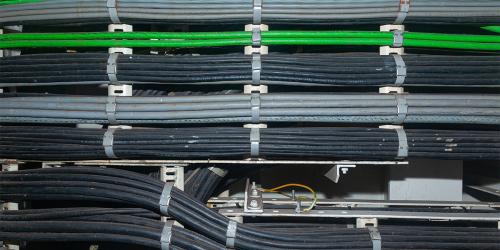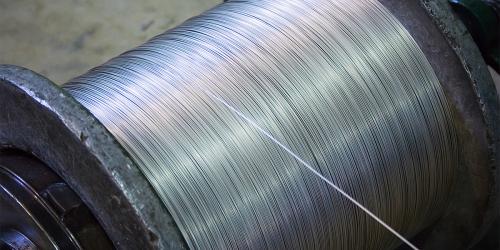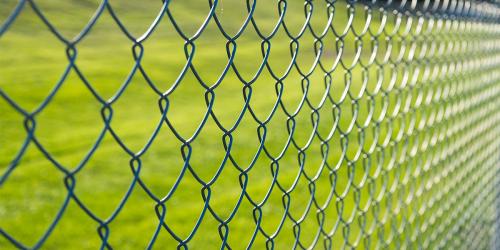Tying and lacing wire are essential tools in various industries, particularly in construction, insulation, and gardening. In the UK, these wires are widely used for securing reinforcement bars, insulating materials, fencing, and more. Understanding the types, applications, and selection criteria for tying and lacing wires can greatly enhance the efficiency and durability of your projects.
Types of Tying and Lacing Wire
- Galvanised Steel Wire: Coated with a layer of zinc, galvanised steel wire offers enhanced resistance to corrosion, making it suitable for outdoor applications. It's commonly used for tying reinforcement bars, mesh fencing, and garden work.
- Stainless Steel Wire: Known for its superior corrosion resistance and strength, stainless steel wire is ideal for demanding applications, including marine environments and areas exposed to harsh chemicals. Grades 304 and 316 are commonly used, with 316 offering higher resistance to corrosion.
- Annealed (Black) Steel Wire: This wire undergoes a heat treatment process, making it softer and more flexible. It's often used for delicate lacing tasks, securing re-bars, and general-purpose tying in construction and gardening.
Applications of Tying and Lacing Wire
- Construction: Tying wire is extensively used to secure reinforcement bars (re-bars) in concrete structures, ensuring structural integrity.
- Insulation: Lacing wire is used to fix insulation materials around pipes and ducting, maintaining energy efficiency and safety.
- Fencing and Gardening: Both tying and lacing wires are used to attach fencing materials, support plants, and assist in various garden structures.
Selecting the Right Wire
When choosing tying or lacing wire, consider the following factors:
- Diameter: The thickness of the wire affects its strength and flexibility. For heavy-duty applications like securing large re-bars, thicker wires (e.g., 1.6mm or 2.0mm) are appropriate. For lighter tasks, thinner wires (e.g., 0.9mm or 1.0mm) suffice.
- Material: Select a material that matches the environmental conditions. For outdoor or corrosive environments, galvanised or stainless steel wires are preferable.
- Coil Size: Wires come in various coil sizes, typically ranging from 0.5kg to 20kg. Choose a size that aligns with the scale of your project to ensure efficiency and cost-effectiveness.
Where to Purchase in the UK
At BS Fixings, we offer a comprehensive range of tying and lacing wires to suit various applications. Our selection includes galvanised, stainless steel, and black annealed wires, available in different diameters and coil sizes to meet your specific needs. Whether you require durable solutions for construction, fencing, insulation, or general-purpose tying, our high-quality wires ensure reliability and strength.
Explore our full range today and find the perfect wire for your project at BS Fixings.
Conclusion
Selecting the appropriate tying or lacing wire is crucial for the success of your projects. Consider the specific requirements of your application, including environmental factors, required strength, and flexibility, to choose the most suitable wire. The UK market offers a diverse range of options to cater to various needs, ensuring that you can find the right product for your specific requirements.






